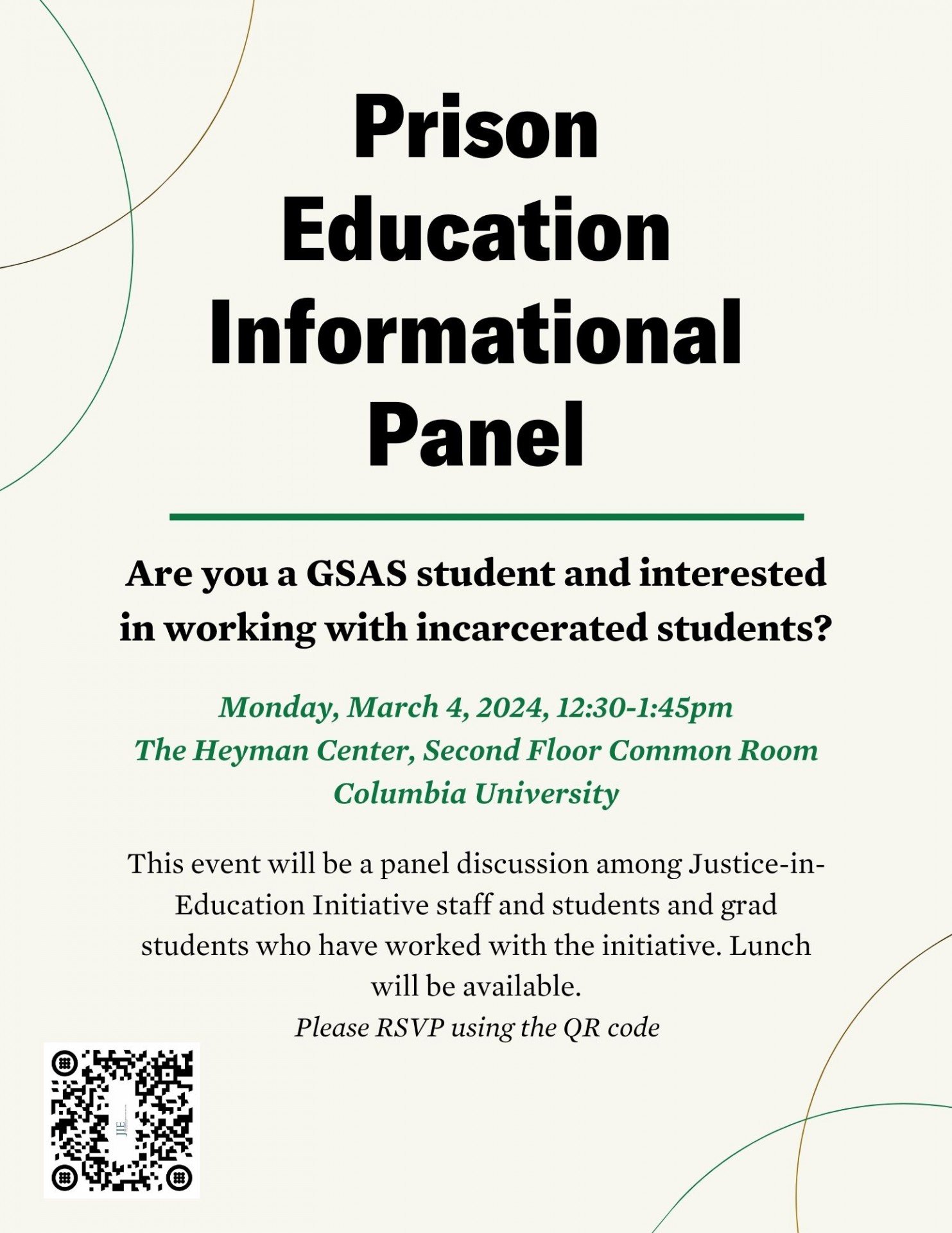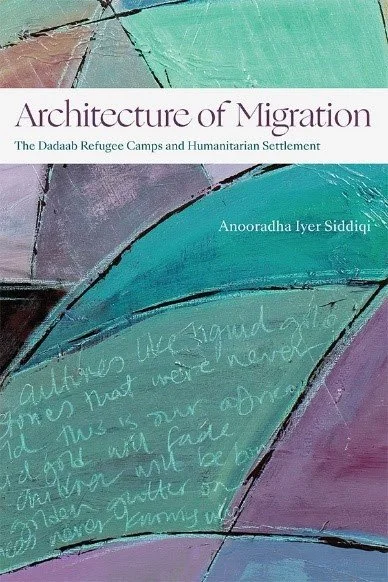The Center for the Study of Social Difference at Columbia University (CSSD) is an interdisciplinary research center supporting collaborative projects that address gender, race, sexuality, class, and other forms of inequality to foster ethical and progressive social change. The Center’s work has two overarching research streams: “Women Creating Change” and “Imagining Justice.” Learn more about these research streams and the projects within them at socialdifference.columbia.edu.
CSSD brings together faculty in humanities, law, social sciences, medicine, and the arts, as well as artists and practitioners in the New York area and beyond, to investigate problems of social, economic, and cultural inequality. The Center’s working groups challenge the disciplinary divides among the humanities, the arts, and the social sciences by asking not only how historical categories of social difference intersect on the level of identity but also how these categories shape institutions, modes of knowing, acts of representation, and processes of globalization. The Center creates the conditions for scholars, artists, and practitioners to work collaboratively and internationally on problems of common interest and to set intellectual agendas for the future.
The Center welcomes proposals for NEW WORKING GROUPS beginning in Fall 2024.
Who is eligible:
Please note that working groups must include (but are not limited to) Columbia and Barnard faculty.
Most, but not all, CSSD working groups are led by two co-directors. At least one co-director must be Columbia or Barnard faculty and proposals must be submitted by one or more faculty members in one of Columbia's schools and/or Barnard.
We will also review working group proposals from graduate students with ABD status working in partnership with Columbia and/or Barnard faculty.
CSSD accepts proposals from all schools of Columbia and Barnard, including but not limited to Arts & Sciences, CUMC, School of the Arts, Columbia Law School, School of Journalism, and GSAPP, with preference given to groups working across schools and/or disciplines.
CSSD seeks projects that align with the mission of “Women Creating Change” or “Imagining Justice” and favors proposals from an interdisciplinary core working group (usually 5-8 people, not all of whom need to be affiliated with Columbia or Barnard). The Center encourages and facilitates international collaborations. Center support is seed money to enable working groups to get off the ground; it is the expectation of the Center that all projects will also seek
additional funding.
Amount of award:
Funding is for $35,000 over two years, with the possibility of applying for a third more public- facing year and an additional $10,000, contingent on working group interest and the availability of Center funds.
How CSSD working groups function:
Center projects typically run for two to three years. Every working group proceeds in accordance with the needs of its particular research interests, but in general, many groups tend to proceed as follows:
In year one the working group generally concentrates on focused project development, including the consolidation of a regional or international working group, exploratory seminars, and guest lectures or workshops. Year two involves the most intensive intellectual work, featuring regular working group meetings and the active participation of fellows and affiliates. Year three, if granted, is often dedicated to planning and disseminating the project’s work through a conference, the publication of conference proceedings and/or edited collections of working group scholarship, or the online publication of syllabi or other curricular materials.
Please note: CSSD does not function simply as a grant-making institution. Our active working groups create the CSSD community. Funds are administered directly by CSSD staff for the duration of the working group’s involvement with the Center, and it is expected that one (co- director) from each active working group sit on the CSSD Executive Committee. Each working group must hire a graduate student coordinator who serves as the point of connection between the CSSD staff and the working group.
Current and past working group projects include “Afro Nordic Feminisms,” “Geographies of Injustice,” “Menstrual Health and Gender Justice,” “Migrant Personhood and Rights,” “Motherhood and Technology,” “On the Frontlines: Nursing Leadership in Pandemics,” “Prison Education and Social Justice,” “Queer Theory: Here, Now, and Everywhere,” “Reframing Gendered Violence,” “Refugee Cities,” “Recovery,” “Unpayable Debt,” and “Women Mobilizing Memory.” Please review our website for detailed descriptions of all our projects and for additional information about the Center.
Use of funds:
Project directors may use CSSD project support budgets at their discretion. However, budgets typically include the following:
course relief for a project director (one course per year for two years, alternating in the case of co-project directors; specific terms to be negotiated by the individual project director with the director’s home department and/or center/institute);
stipend for one graduate student assistant required to be responsible for program support;
working group meeting lunches and/or breakfasts;
limited support for visiting scholars, public conferences, and publications.
CSSD project funds are modest, and we do not support honoraria or stipends paid to core working group members. Honoraria may be offered to event speakers or special guests from outside Columbia. CSSD encourages projects to include at least one public event per year (one model is to invite a guest collaborator with the group to give a public talk). Project directors must be willing to collaborate in the Center’s fundraising efforts and be prepared to work with the Center to seek additional funding sources.
How to apply:
Project proposal narratives should not exceed five double-spaced pages. They must include a project description and a detailed work plan for group meetings, public events, and the dissemination of project research. Proposal narratives should also describe a plan for soliciting and adjudicating applications for working group membership from the wider University community and any anticipated curricular or pedagogical outcomes of the proposed project.
Please also include, in addition to the above:
a short CV or bio for each tentative working group member – e.g., one paragraph summary bios (indicate if participation has been confirmed)
proposed budget (please use the provided budget template)
Staff are available to discuss potential projects with colleagues who are thinking about proposing them, and sample CSSD project proposals are available by request. Please write to the Faculty Director, Lila Abu-Lughod, at la310@columbia.edu and/or the Associate Director, Kasheba Marshall, at km2803@columbia.edu with any questions as you develop your proposal. We encourage you to contact us before submitting your proposal. Complete proposals should be emailed to CSSD at km2803@columbia.edu by Friday, March 8, at 9:00 AM, with the subject line CSSD Proposal. The CSSD Executive Committee will select the winning projects. All applicants will be notified by April 01, 2024.
CONTACT
Center for the Study of Social Difference Columbia University
1200 Amsterdam Avenue
767 Schermerhorn Extension, MC 5510 New York, NY 10027
(212) 854-7090
socialdifference@columbia.edu
JOIN THE CSSD MAILING LIST












